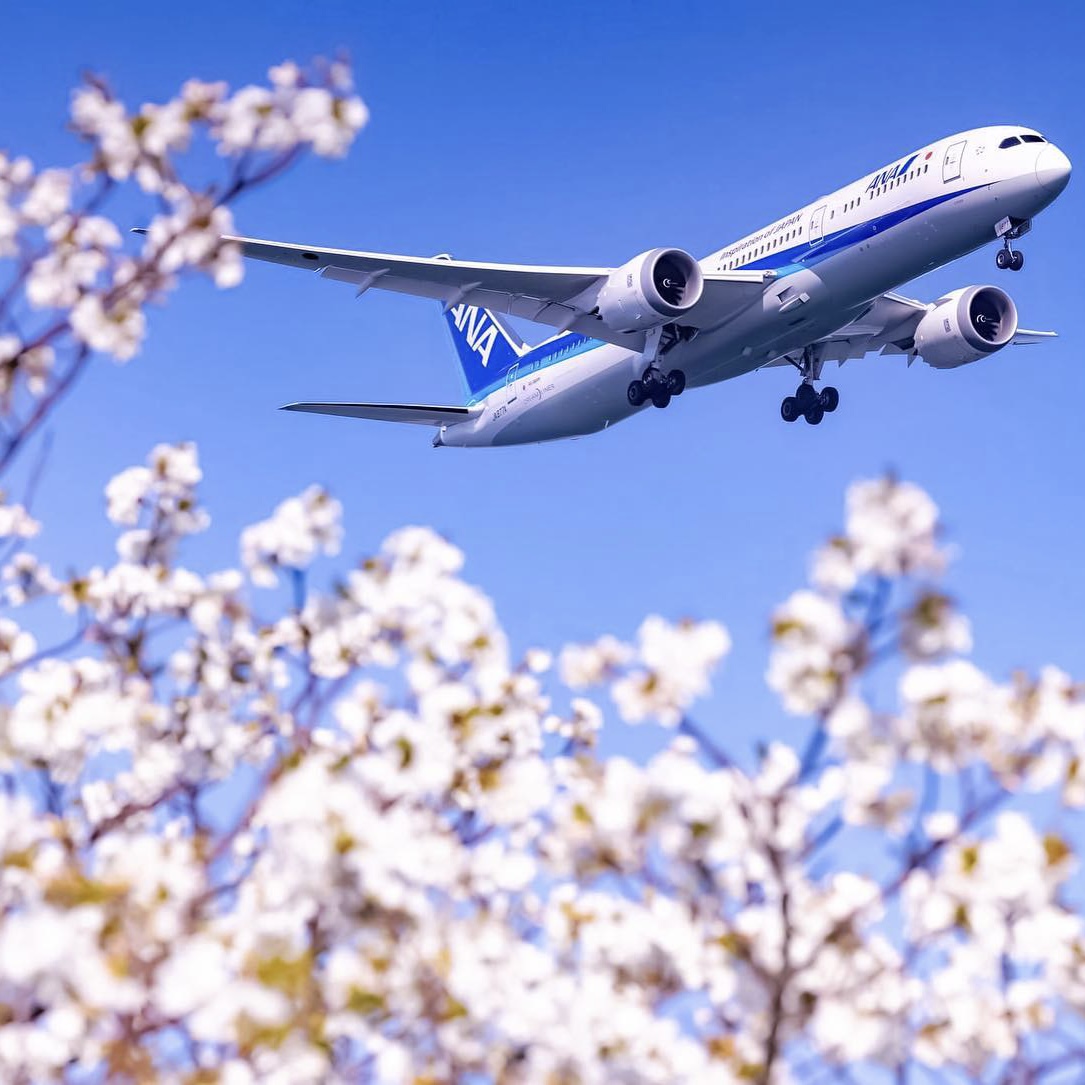
Japan Airlines (JAL) marked a landmark year in its financial performance for the 2024-25 fiscal period, with international passenger traffic climbing a remarkable 14.4% compared to the previous year. This surge was chiefly driven by a significant uptick in foreign visitors to Japan and a strong resurgence in corporate travel abroad.
The notable increase in international travel contributed to JAL’s highest-ever consolidated revenue since relisting, reaching JPY 1,844 billion-an 11.6% jump from the prior year. Much of this success was credited to JAL’s strategic network expansion, especially on trans-Pacific routes and within Asia, with new and enhanced services playing a pivotal role.
.jpg)
Narita International Airport in Tokyo served as the key hub for JAL’s international operations, enabling the launch of new routes such as the daily Narita–Chicago service, which began in late May 2025. This route, operated in partnership with American Airlines, has significantly improved connectivity for travelers between North America and Asia.
Additionally, JAL boosted frequencies on other international routes, including Narita–San Diego and Kansai–Honolulu, and introduced new connections such as Narita–Bengaluru. These moves were designed to capture growing demand from both leisure and business travelers, particularly as Japan’s popularity as a destination soared.
On the domestic front, JAL maintained steady growth, supported by targeted promotional campaigns and efficient route management. Domestic passenger numbers increased by nearly 3%, with load factors reaching a record high of 82.9%. Cargo operations also saw healthy growth, buoyed by the transport of high-value goods and the addition of new routes like Narita–Hanoi.
Meanwhile, the airline’s low-cost carrier subsidiaries-ZIPAIR and Spring Japan-experienced a dramatic 39.1% increase in revenue, with plans underway to double their combined fleet size by 2030.

Despite these positive developments, JAL faced mounting cost pressures. Operating expenses rose by 9.8% year-on-year, mainly due to a weaker yen, higher fuel prices, and increased investments in staff and fleet. Nevertheless, the airline’s proactive cost management strategies, including effective fuel hedging and operational efficiencies, allowed it to achieve an 18.7% increase in EBIT, reaching JPY 172.4 billion.
Net profit also grew by 12% to JPY 107.0 billion, underscoring the strength of JAL’s business model and its ability to navigate a challenging economic environment.
Looking forward, JAL is set to further broaden its international reach. The airline plans to introduce the advanced Airbus A350-1000 aircraft on key routes such as Haneda–Paris and Haneda–Los Angeles starting in the 2025 summer schedule. These new aircraft will offer enhanced passenger comfort, greater fuel efficiency, and support JAL’s sustainability goals, including the increased use of sustainable aviation fuel (SAF).
Fleet modernization remains a top priority, with orders for new Boeing 787-9 and Airbus A350-900 aircraft set to enter service from fiscal year 2027.
Infrastructure developments are also playing a crucial role in supporting JAL’s growth. The expansion of Tokyo Narita Airport, which includes the construction of a new runway and upgraded terminal facilities, will nearly double the airport’s annual slot capacity from 300,000 to 500,000. These improvements will provide JAL with the necessary runway and gate access to accommodate its ambitious international expansion and meet the rising demand for air travel to and from Japan.

In recognition of its strong financial performance, JAL announced an increase in its annual dividend to JPY 86 per share, up from JPY 80 the previous year. The year-end dividend was also raised to JPY 46 per share. For the coming fiscal year, the airline has set ambitious targets, aiming for consolidated revenue of JPY 1,977 billion and EBIT of JPY 200.0 billion, reflecting confidence in continued demand growth and the effectiveness of ongoing business reforms.
Overall, JAL’s exceptional results for the 2024-25 fiscal year highlight the airline’s resilience, strategic vision, and ability to adapt to a rapidly changing global aviation landscape. Through a combination of network expansion, fleet modernization, and a commitment to sustainability, JAL is well-positioned to sustain its growth trajectory and maintain its leadership in the highly competitive airline industry.



.jpg)


.jpg)
.jpg)



.jpg)





.jpg)










.jpg)






.jpg)







.jpg)






.png)







.jpg)

